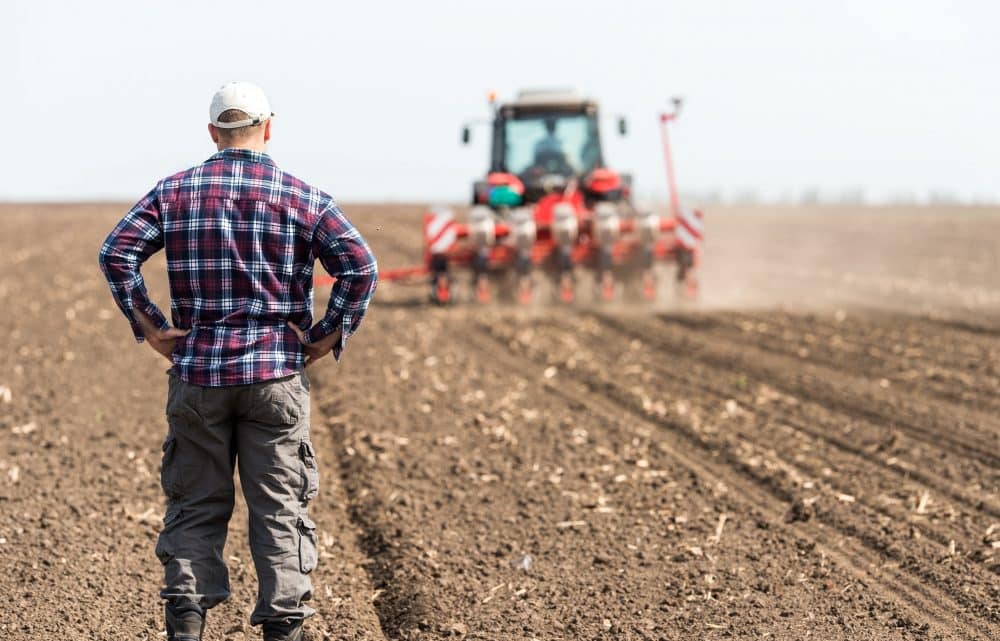
What are the pros and cons to investing in US farmland? Have you even considered farmland as an investment or as part of your portfolio? This asset class can be a lucrative investment, but you must be aware of the risks.
Farmland as an Investment
Farmland can best be described as a form of real estate investing. It can produce surprisingly high returns, but this asset class was traditionally closed off to the general public. Actual farmers, others in the agriculture field, and institutional investors were the only ones with access to farmland investing. But that is starting to change.
There are several companies that can gain you access to farmland investing. Farmtogether is one such company. They are partnered with multiple industry experts allowing you direct access to investments that are managed via a 3rd party. This makes the investment completely passive.
Another way to invest in farmland is through a REIT or ETF that specializes in farmland investing. These are also passive investment vehicles with lower barrier to entry than direct farmland investing.
Some Pros
Farmland has historically been a good investment and returned an average of 11.2% from 2008 to 2018. During the worst of the financial crisis of 2008 farmland still returned around 7%.
Farmland offers diversification from traditional stocks, and it can act to mitigate volatility during tenuous times. It tends to be a more stable investment, so it can help to lessen the blow of a large drop or correction in the markets.
Investing in farms can be as active or as passive as you desire. From actually owning and working your own farm to owning land and leasing it, to investing in a REIT that specializes in farmland the choice is yours.
Some Cons
Farmland tends to be illiquid, so you must be sitting on land for a while if you are attempting to sell. Similarly, if you are sitting on a bad investment unloading it in a timely manner could be problematic.
A great deal of knowledge is needed to invest in farmland especially if you are going in alone and attempting to purchase direct. Location, possible land uses, climate, and local laws and regulations are all a key part of understanding if a particular piece of land is a good investment. Traditionally, only people within the agricultural business and community had such a deep understanding of farmland investing. It is traditionally hard for an outsider to research and pick a good deal.
Companies such as Farm Together can mitigate some of this risk, but a major drawback is that you need to be an accredited investor to invest with them. This makes for a high barrier to entry.
To Farm or not to Farm
There are multiple pros and cons to investing in US farmland. Farmland can be a good investment and has traditionally yielding steady returns even during times of volatility and recession. Farmland can be a great way to diversify your portfolio by investing in an alternative investment class. But there are risks.
Farmland can be illiquid, and a great deal of knowledge is required to pick a good investment. ETFs, REITS, and companies that deal in farmland can help mitigate some of this risk for you, but barriers to entry still exist. Do some research and decide if this asset class is right for you.
Read Also:
Alternative Investments: Still the Road to Riches?
Ethical Companies to Invest in
Thinking of Investing in a Business? Ask These Questions First
5 Reasons Why You Should be Investing in Real Estate

Based in the Pittsburgh, PA area, Brian holds full-time employment as a Warehouse Manager for an electronics firm. Brian enjoys wealth building, investing, gardening and the great outdoors. Brian holds a B.A. in Environmental Studies from the University of Pittsburgh and an MBA from Robert Morris University.










